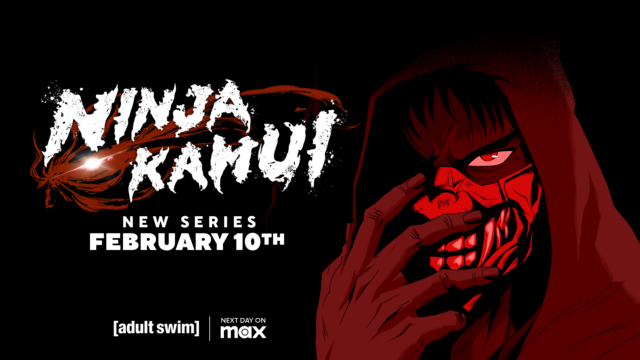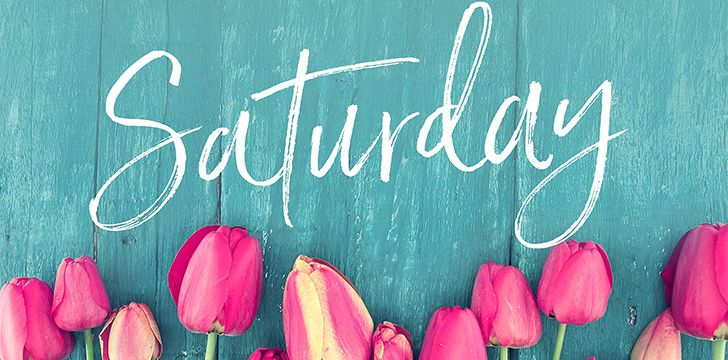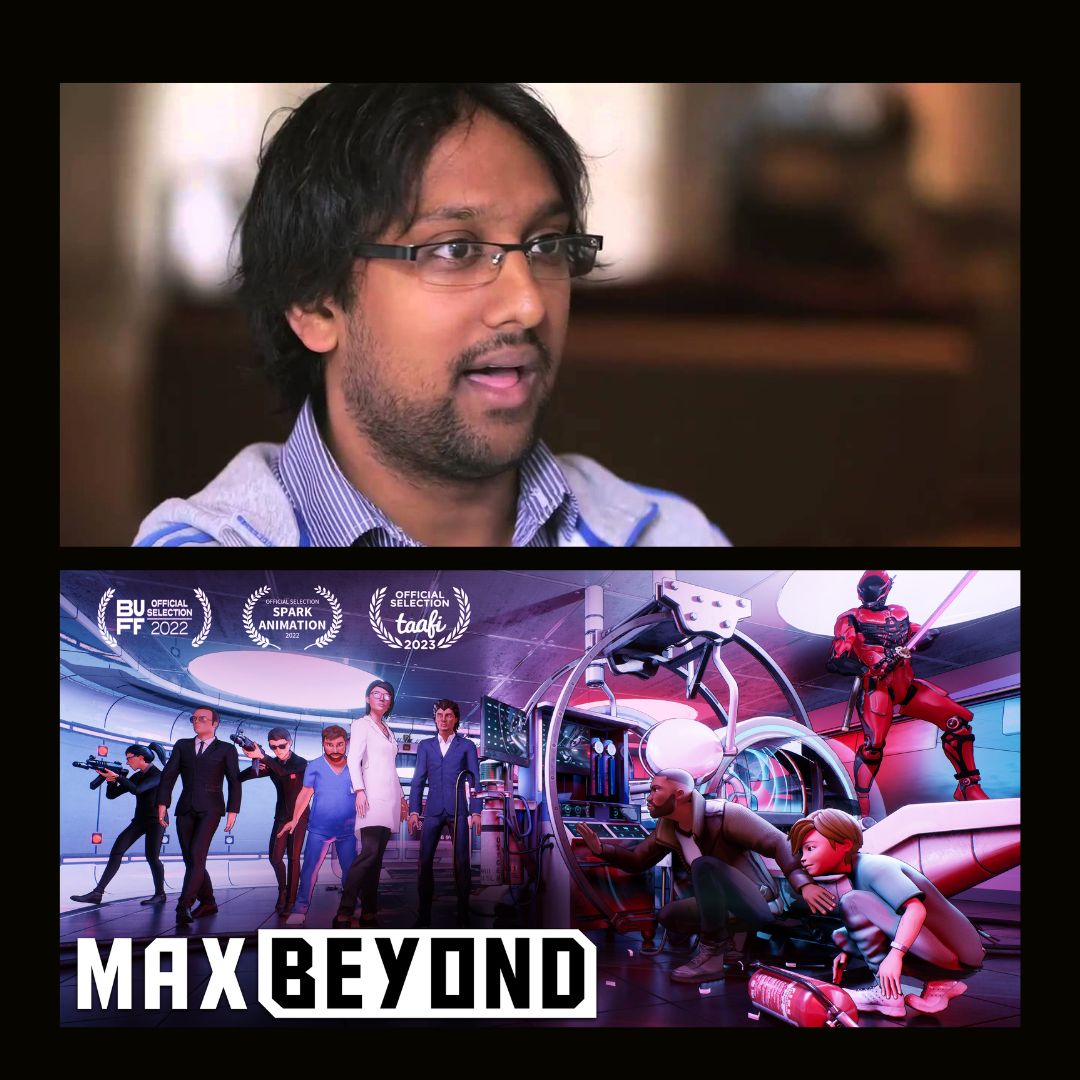The Venture Bros. Used Comic Books To Show The Futility Of Man
“I had no need for faith. My gods were real, made of paper and light, and they rolled up into my pocket like a superstring dimension.”
This is a phrase from Grant Morrison’s Supergods that argues that America’s new faith and religion are comic books. This idea becomes increasingly true with each passing year, but it’s a mentality that’s especially apt—to a dangerous degree, even—in the animated series, The Venture Bros. The Venture Bros. is a series that’s known for its loving tributes to its source material, whether that’s Hanna-Barbera cartoons of the 1960s and ‘70s or classic superhero archetypes, but as a whole it’s actually much more interested in universal topics like gender and identity. The Venture Bros. touches on a lot of diverse topics, but at its core it’s really about how the Golden Age of comics’ depiction of superheroes as toxic masculine stereotypes has created an entire generation of ruined men.
Every character in The Venture Bros. has these stereotypical depictions of heroes and manliness pushed on them as aspirational figures of perfection. In reality, it’s these broken superhero ideals that are what are actually responsible for all of the dysfunction and unhappiness that fills the series. It’s these comic book archetype visions of male role models that are more of a “villain” in the series than the show’s actual villains. It’s this internal struggle in a world that is intentionally bereft of mother figures and drowning in unhealthy father figures that is not just the point of The Venture Bros., but also its secret weapon.
The Golden Age of comics mark an important time for the medium, but they’re also a period full of post-World War II mentalities about how being a hero is all about this manifest destiny ideology of getting more and becoming stronger. The best hero is the purest version of this propagandistic image. Comics have of course evolved and there are now diverse heroes that feel real and reflective of the entire population, rather than the brooding macho stereotypes that dominate the Golden Age of comics. The Venture Bros. features equivalencies for Thor and Captain America, but there’s no Venture Bros. version of Supergirl, Elektra, or Ms. Marvel because their universe is built for broken men. The idea of inspirational superheroes that are actually role models is commonplace now, but the version of the idea that fills The Venture Bros. reflects a version of America where the psyche of the public have been destroyed and made worse by looking up to these unhealthy Gods.
During the earliest seasons of The Venture Bros. it was easy to generalize the show as being “all about failure” and while that idea absolutely shifts to something more optimistic throughout the show’s run, it’s also much more complicated than that. Failure fuels this show because its take on superheroes is impossible to achieve. Even those that do have powers fall short by their own downfalls. Iron Man is now a hero that can inspire a young boy to become a force of good. Superman is a figure that a city will build a monument to honor. The superheroes from The Venture Bros., whether it’s Captain Sunshine, the Impossible Family, or the figures within the Crusaders Action League, only inspire trauma and disappointment.
The Venture Bros. is set in a very stylized world that clearly cherishes comic books. They’re such an integral part of the series that there’s even an episode that’s told through a non-linear chronology that only makes sense if the audience understands how the CGC Comics Grading Scale works. This mentality is so entrenched in the show’s universe that it creates a dichotomy where children can only grow up to be either heroes or villains, which leads to a lot of shattered lives. Additionally, The Venture Bros. draws many cues classical adventure mystery serials like Jonny Quest, Scooby-Doo, and The Hardy Boys. These series all glorify adventures and how the solving of mysteries can be incredible for character building. The Venture Bros. instead provides the pointedly more realistic perspective that a life of adventure is actually a life of trauma. The Venture Bros. devotes an entire episode to a therapy session for former “boy adventurers” that breaks down just how dysfunctional they are because of these weekly escapades.
These principles all apply to Dr. Rusty Venture himself whose whole existence isn’t modeled in response to superheroes, but instead his father, who’s the epitome of toxic male stereotypes. Rusty’s entire quest to become an acclaimed super scientist that creates a truly great invention isn’t because he genuinely wants to better the world, but because he wants to beat his daddy issues and prove that he’s surpassed his father. The one time that Rusty does invent something genuinely important, a teleporter, he loses it because of the same base masculine urges that drove his father. The Venture Bros. plays a game over its running mystery of who Hank and Dean’s mother is, but what’s more significant is that Rusty has perfected a system where he can just clone copies of Hank and Dean so he can have children to carry on his name and entirely remove the concept of a woman from the equation.
These ideas all trickle down to Hank and Dean and it’s ultimately the topic of women that acts as the schism between the two of them that may finally send them down the disparate paths that mirror Dr. Venture and the Monarch. Hank does get a taste of professional heroics when he briefly subs in as Captain Sunshine’s newest Boy Wonder and he’s presented with an unstable shell of a man rather than a legend. Captain Sunshine is one of the most explicit examples in the series when The Venture Bros. takes a comic trope and pushes it to a realistic place. In this case it looks at how a Batman-like figure who repeatedly loses “Robins” is likely to lose his mind to grief and become unfit to do his job. The Impossible Family are another good example that are adjacent to the Venture family. Here is a family that has all gained superpowers from a collective accident, but it only exacerbates their relationships. They become a paranoid, divorced wreck and are far from America’s favorite family. The best recognized archetypes in the show’s universe are all hanging on by threads.
The Venture Bros. spreads its focus and it deconstructs characters from both DC and Marvel’s roster of heroes and villains. They find clever angles for most of the more popular characters, so it feels significant that The Venture Bros. has never provided a take on the X-Men. It’d be incredibly easy to throw Hank and Dean into a Xavier’s School for Gifted Youngsters scenario, but the show has presumably never gone there because X-Men’s ideology clashes with the series’ look at comic archetypes. X-Men stories are supposed to be allegories for puberty, maturity, and feeling different. Hank, Dean, and the characters in The Venture Bros. aren’t supposed to experience those things. The X-Men don’t make sense in their universe.
Both of the bodyguards and strong male role models that Hank and Dean have had in their lives are also plagued by these same deep-seeded gender issues. Sergeant Hatred is a character that needs to literally be chemically castrated because his impulses are so out of control. Brock is one of the more competent individuals throughout The Venture Bros., but even he is guilty in this respect. In Brock’s sporadic “relationships” with individuals like Molotov Cocktease and Warriana, the females are always the ones presented with more agency and power. Brock is helpless to them. He even has a tattoo of Icarus, which is specifically a character who fails because of his unchecked male pride. Regardless of whether it’s Hank and Dean’s generation or Rusty and Brock’s, there are still no mothers for these characters, competent or otherwise.
Rusty’s character is often used in contrast to the malevolent villain, the Monarch, who’s one of the better representations of all of these themes. Even the character’s moniker, “The Monarch,” tries to push the ideal of a king, yet he’s someone that’s trapped in stasis. For a long time the Monarch’s hideout is a giant, floating chrysalis, yet he’s someone that’s never able to metaphorically emerge as a butterfly. He’s someone who’s led by doubt, even when he has power. The Monarch eventually goes down a deep hole that sees him masquerade as the superhero, Blue Morpho, but even this piece of complicated character development is driven by the Monarch’s repressed problems with his father.
The Monarch also marks another situation where his significant other, Dr. Mrs. The Monarch is a female character that’s easily the more assertive and masculine one in the relationship. Dr. Mrs. The Monarch is one of the most successful characters in the entire series and she’s a woman. However, it’s no coincidence that the character also has a masculine voice and her title consistently tries to either hide or exploit her femininity. It’s a fascinating exploration in power. To a similar extent, The Venture Bros.’s The Order of the Triad are all afflicted by broken images of masculinity that all haunt them to various capacities. Dr. Orpheus is the series’ equivalency to Dr. Strange, yet rather than revel in his Sorcerer Supreme-like capabilities he can’t get over his ex-wife and the beta male that he’s become in life. Even the ability to split dimensions and raise the dead isn’t enough to overcome the unhealthy projections of “heroes” that these characters value.
As much as The Venture Bros. defines its unsuccessful characters by these unrealistic Golden Age hero standards, it’s just as helpful to see how the few characters that are able to escape this archetype are actually the most impressive individuals within the series. The best example of this is O.S.I., who later take over S.P.H.I.N.X. These organizations initially come across as easy gags that lampoon some of the sillier aspects of G.I Joe with extreme stereotypes from the opposite end of the spectrum, like the Village People. It’d be easy to keep a character like Shore Leave as an antiquated stereotype, but instead it’s his attitude that helps O.S.I. find success. It’s only because these characters are allowed to be open, free, and not care about other people’s opinions that they are able to work so efficiently as a team. The group’s leader, Hunter Gathers, is the ultimate expression of this as a gruff Hunter S. Thompson parody who actually has a sex change to become a woman. They’re the only liberated characters in the whole series and they also have the best track record.
To the credit of the genre, comic book content slowly seems to be evolving and taking more of the stance that’s present in The Venture Bros. The Harley Quinn animated series is a brilliant and encouraging example that’s interested in questioning the inherent absurdity of superheroes. It presents fresh takes on stale characters, but it’s point of view is much broader than The Venture Bros, which specifically looks at the damage of men and the sins of the father. Harley Quinn also feels joyful and optimistic at the end of the day, whereas the futility of superhero tropes results in a growing nihilism within The Venture Bros.
As many people know, The Venture Bros. was unceremoniously cancelled before it has a chance to finish telling its story. There’s still a slim chance that HBO Max could maybe save the series or it gets some opportunity to wrap things up, but fans are obviously despondent over the news. It’s very sad that these ambitious storylines and layered characters won’t get closure, but it’s even more gutting that a series that was able to view and challenge comic book archetypes in such a deeply emotional way is now gone. There are dozens of series that parody and make fun of superheroes, but The Venture Bros. is the only show that embraced the inherently unhealthy nature of these false Gods.


























Hi Ashley, thank you so much for reading and we love the feedback. Note that on that day we had 14th posts go up and only ten posts show on the front page, so it's possible the preview had already been archived by the time you got to it. One recommendation would be to add our RSS feed to your favorite news aggregator service like Feedly, this way you get all of the latest posts!